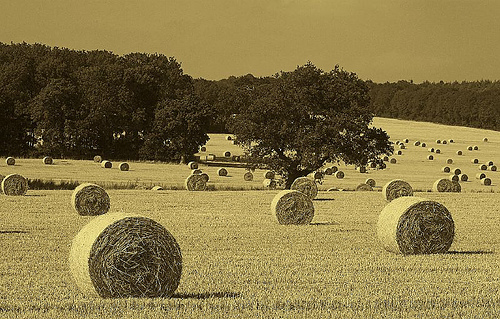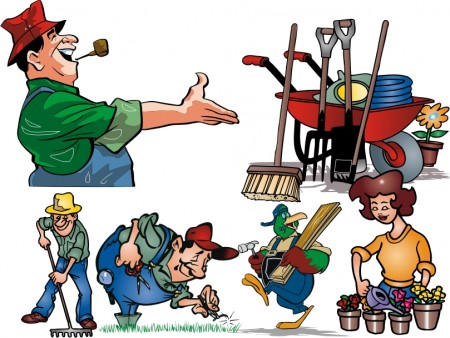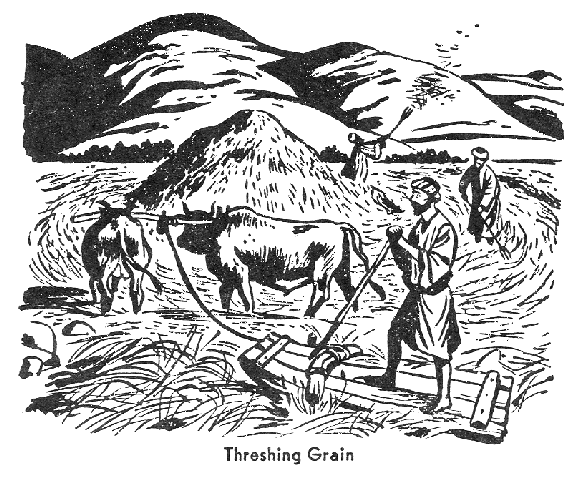
- •George Orwell Animal Farm
- •Introduction Text 1. George Orwell
- •Text 2. George Orwell’s Biography
- •Text 3. Historical Context
- •Text 4. About “Animal Farm”
- •Chapter 1
- •Look up the following words in the dictionary. Write them in transcription. Practise reading the words.
- •Learn the following words. Quote the sentences in which these words were used. Give all the derivatives of these words
- •Find English equivalents of the following phrases
- •Paraphrase the following sentences
- •Read the summary of Chapter 1. Fill in the blanks
- •Analyzing Political Speeches
- •Use the audioscript to help you master speech making Chapter 2
- •1. Look up the following words in the dictionary. Write them in transcription. Practise reading the words.
- •2. Learn the following words. Quote the sentences in which these words were used. Give all the derivatives of these words
- •Find English equivalents of the following phrases in the text
- •Paraphrase the following sentences
- •Read the summary of Chapter 2. Fill in the blanks
- •7. Translate into English using active vocabulary of Chapter 2
- •8. Discussion Points
- •10. Project Work
- •Chapter 3
- •6. Read the summary of Chapter 3. Fill in the blanks
- •7. Translate into English using active vocabulary of Chapter 3
- •8. Discussion Points
- •Chapter 4
- •5. Write the summary of Chapter 4. Use the following hints, if necessary
- •6. Translate into English using active vocabulary of Chapter 4
- •7. Study the pair of verbs and point out connotations (additional senses) in the second word of the pair
- •8. Listen to the passage beginning from “The animals decided unanimously…..” up to the end of Chapter IV. Prepare it for reading. Translate the passage into Russian (in writing).
- •Discussion Points
- •Chapter 5
- •1. Look up the following words in the dictionary. Write them in transcription. Practise reading the words
- •2. Learn the following words. Quote the sentences in which these words were used. Give all the derivatives of these words
- •3. Find English equivalents of the following phrases in the text
- •4. Match the definition with the verb from the text. Quote the sentence in which the verb was used
- •5. Paraphrase the following sentences
- •6. Write the summary of Chapter 5. Use the following hints, if necessary
- •7. Translate into English using active vocabulary of Chapter 5
- •A) Find the names of agricultural implements in Chapter 5. Say what kind of work could be done with each of them (See also Chapter 3) (optional)
- •Discussion Points
- •Chapter 6
- •1. Look up the following words in the dictionary. Write them in transcription. Practise reading the words
- •2. Learn the following words. Quote the sentences in which these words were used. Give all the derivatives of these words
- •3. Find English equivalents of the following phrases in the text
- •4. Paraphrase the following sentences
- •5. Write the summary of Chapter 6. Use the following hints, if necessary
- •6. Translate into English using active vocabulary of Chapter 6.
- •8. Discussion Points
- •Chapter 7
- •5. Write the summary of Chapter 7. Use the following hints, if necessary.
- •6. Translate into English using active vocabulary of Chapter 7
- •8. Discussion Points
- •Chapter 8
- •1. Look up the following words in the dictionary. Write them in transcription. Practise reading the words
- •2. Learn the following words. Quote the sentences in which these words were used. Give all the derivatives of these words
- •3. Find English equivalents of the following phrases in the text
- •4. Paraphrase the following sentences
- •5. Choose the synonym from the following set which best fits into the sentence
- •6. Compare the following pairs of words. Make up sentences to show the difference in their meanings
- •7. Write the summary of Chapter 8. Use your active vocabulary and the following hints, if necessary
- •8. Translate into English using active vocabulary of Chapter 8.
- •10. Discussion Points
- •Chapter 9
- •6. Write the summary of Chapter 9. Use your active vocabulary and the following hints, if necessary.
- •7. Translate into English using active vocabulary of Chapter 9
- •9. Discussion points
- •Chapter 10
- •5. Choose the word with the opposite meaning:
- •6. Write the summary of Chapter 10. Use your active vocabulary and the following hints, if necessary.
- •7. Translate into English using active vocabulary of Chapter10
- •8. Listen to the passage beginning from “There was a deadly silence…”up to “ All animals are equal…”. Prepare it for reading. Translate the passage into Russian (in writing).
- •9. Discussion points
- •Tasks for Final Discussion and Essay Writing.
- •Appendix
- •1. Which animal doest it belong to?
- •2. Which animal makes the sound?
- •3. Match the animal with its young ones
- •Characters: Dynamic/Static & Round/Flat
- •Contents
- •Introduction………………………………………………………………....3
8. Discussion Points
A. 1). How did the events develop on Manor’s Farm after Old Major’s death?
2) What system of thought was elaborated by three pigs? Why was it reduced to Seven Commandments?
3) Which events led to the Rebellion?
4) How did the animals behave after the Joneses had fled from the Farm?
5) How did the life on the Farm change after the Rebellion?
B. Give character sketches of Snowball, Napoleon, Squealer, Moses. What role each of them played before, during and after the Rebellion?
Listen to the passage beginning from “In a very little while the animals had destroyed everything ….” up to “…. and even now they could hardly believe that it was all their own”. Prepare it for reading. Translate the passage into Russian (in writing).
10. Project Work
Study the following definitions
Irony is the result of a contrast between appearances or expectations and reality.
Verbal Irony—words are used to suggest the opposite of what is meant (“Don’t be nervous; it’s only the most important test of your life”).
Dramatic Irony—what appears to be true to a character is not what the reader/audience knows to be true. (For example, if a character in a play disguises himself in order to fool other characters but the audience knows that the others recognize him, the play is using dramatic irony).
Situational Irony—an event occurs that contradicts expectations. (For example, you might expect a dog to chase a cat. If instead the cat chases the dog, the situation is ironic).
Directions: Think about Irony in Animal Farm then complete the activity.
Use the chart below to record examples of irony from Animal Farm. In the left column, note ironic remarks/events/situations. In the center column, tell what would have been expected or how things appear at first. In the Right column, indicate whether the example represents verbal, dramatic, or situational irony.
Example of Irony |
Expectations/Appearance |
Type of Irony |
|
|
|
|
|
|
|
|
|
|
|
|
How do these instances of irony serve Animal Farm as a whole? Do they add humor to the work? Do they support one of the themes (which one?)
________________________________________________________________________________________________________________________________________________________________________________________________________________________________________________________________________________________________________________________________________________________________________
Chapter 3
1. Look up the following words in the dictionary. Write them in transcription. Practise reading the words.
mow, rein, hind (legs) indefatigable, paw
2. Learn the following words. Quote the sentences in which these words were used. Give all the derivatives of these words
toil (v);
implements;
conceive (v);
setback (n);
motto (n);
shirk (v);
ration (n);
faculty (n);
overthrow (v);
content with (adj);
seclusion (n)
3. a) Pick up from the text (Chapters 2, 3) all the words and phrases relating to the work on the farm
e.g. mow and rake the grass, milk the cows etc.
b) Describe the routine work on the farm



4. Find English equivalents of the following phrases in the text
стоять на задних лапах;
взять на себя роль начальства
работать как часы;
пропадать часами напролет;
придумывать великолепные отговорки;
непременно, обязательно, наверняка;
стараться изо всех сил;
вне досягаемости;
злоупотреблять, использовать в своих интересах;
поднимать флаг
5. Paraphrase the following sentences
And not an animal on the farm had stolen so much as a mouthful.
When asked whether he was not happier now that Jones was gone, he would say only “Donkeys live a long time. None of you has ever seen a dead donkey” and the others had to be content with his cryptic answer.
The pigs had set aside the harness-room as a headquarters for themselves.
Snowball also busied himself with organizing the other animals into what called Animal Committees. He was indefatigable at this.
He took them up into a loft which could only be reached by a ladder from the harness-room, and there kept them in such seclusion that the rest of the farm soon forgot their existence.
We pigs are brainworkers.
